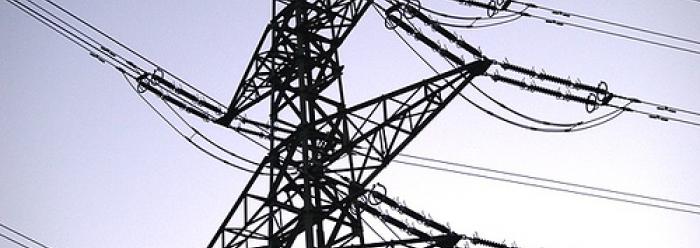
Reduced energy consumption
Denmark has no own production of bioethanol, but this is far from the case for our neighbouring countries. Sweden has two plants and Germany has 10, and so have a number of other European countries. Common for these plants is that they produce bioethanol, but the feedstock and the co-products vary. The companies operate at a global market, but typically there is a direct correlation between local feedstock and local demand for co-products. That is why no plants are identical.
Energy efficient technology choice
Hveiti’s production concept is based on Katzen technology. Katzen has been in operation for more than 55 years and the company’s technology is used in more than 140 plants in 35 countries, which makes it the most employed technology for the production of bioethanol. Katzen technology has been chosen for the fermentation and distillation of the alcohol, and known Danish technologies have been chosen for the milling and the peeling.
Hveiti has included Danish companies’ core competencies within milling and peeling technologies. Furthermore, the project reflects the Danish tradition for energy optimisation through among other things the use of the surplus heating from the production.
Danish energy efficient solutions
Traditionally, plants for the production of bioethanol have used the same milling types, which were originally developed to be used for flour production for food purposes. These kinds of milling types produce a very finely grounded product, but this is not necessary when used in a fermenting process. In addition to the fact that Katzen in its design parameters prefers a kibble feedstock, it also has the advantage that a kibble product does not have the same high requirements in regards to equipment and therefore leads to lower energy consumption.
Danish knowledge on these exact kinds of mills has caused Hveiti’s production process to set new standards for Katzen plants - standards that profitably could be used on future plants as well as being implemented in existing plants.

Energy consuming drying process left out
A substantial part of the large energy savings is due to the fact that Hveiti’s feed product, PDGS, is not dried but is sold as a liquid product with a dry matter content of 32 %.
Follow the developments within biorefining. hveiti regularly informs about our efforts to improve the environment.




